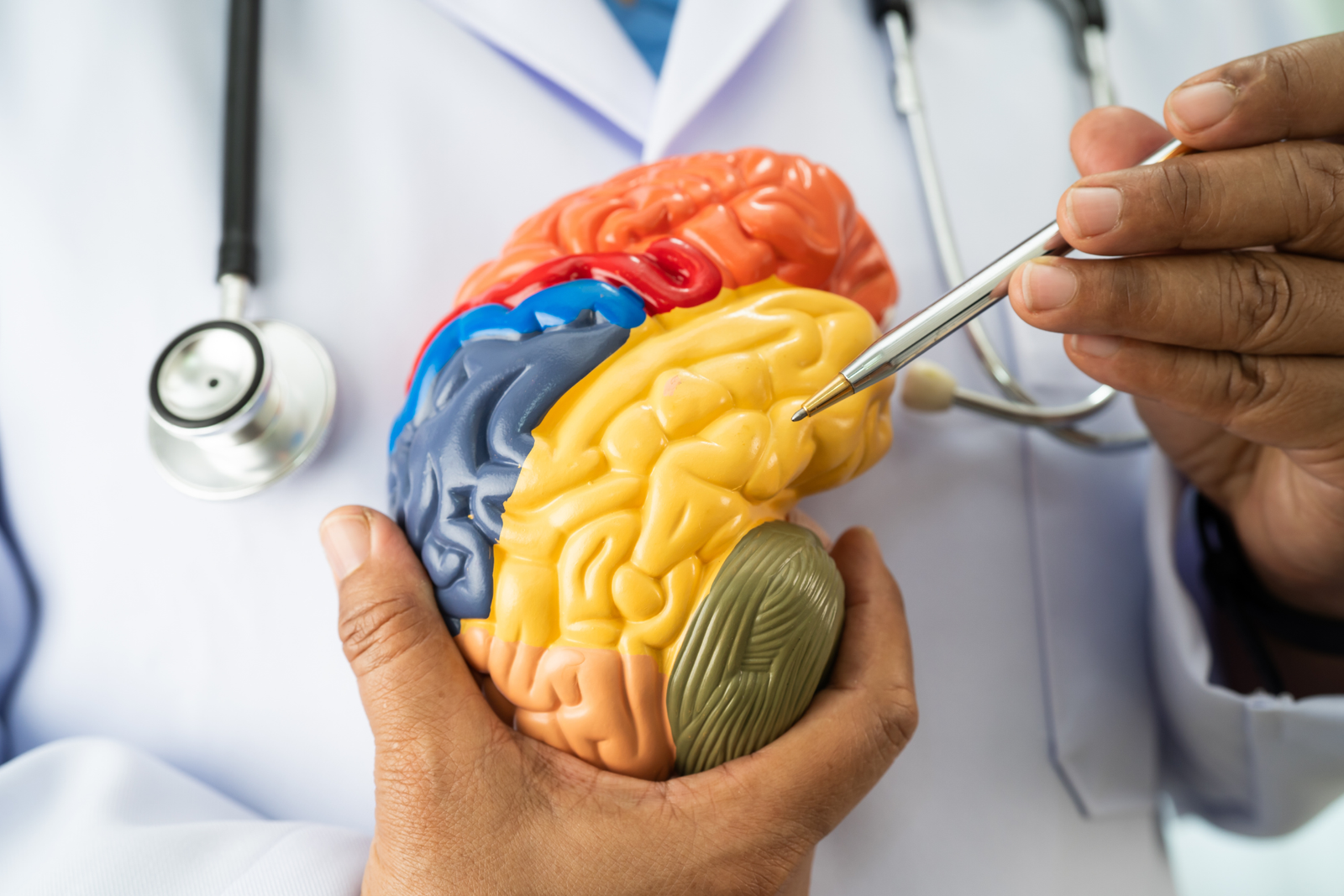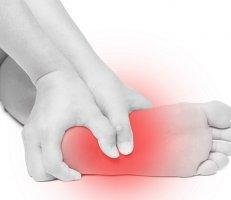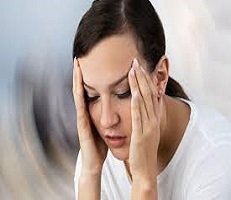
Stroke Specialist
Stroke is the leading cause of death and disability, affecting nearly 800,000 adults in the United States each year. Recovering after a stroke is a big challenge, but with proper care, many patients recover fully.
Steve-Felix Belinga, MD, and his exceptional team at The Belinga Clinic help stroke patients regain control of their bodies and lives.
To schedule a stroke evaluation, call the office in Fort Smith, Arkansas, or request an appointment online.
Stroke Q & A
What is a stroke?
A stroke occurs when something prevents your brain from getting proper blood supply, so that your brain cells don’t get enough nutrients and oxygen. Within a few minutes, your brain cells begin to die. A stroke can lead to short- or long-term brain dysfunction and disability, and in some cases, can result in death.
What are the types of strokes?
The exact cause of a stroke can vary, but the effects can be classified into three primary types of strokes.
These include:
Ischemic stroke
The most common type, an ischemic stroke, occurs due to blockage in the vessels that supply the brain with blood. Frequently, a blood clot or debris in the bloodstream causes an ischemic stroke.
Hemorrhagic stroke
Leaks or ruptures in blood vessels within your brain characterize a hemorrhagic stroke. Causes include high blood pressure, traumatic head injury, and the over-use of anticoagulant blood thinners.
Transient ischemic attack
Transient ischemic attack (TIA) refers to an event that causes temporary stroke symptoms. Sometimes called a mini-stroke, a TIA has the same causes as ischemic stroke, but doesn't result in permanent brain damage.
What are the symptoms of a stroke?
A person experiencing a stroke may have sudden symptoms that include difficulty speaking or understanding speech, one-sided paralysis, loss of balance, or a severe headache. If you believe someone is having a stroke, call 911 immediately.
Long-term effects of a stroke may affect the following:
- Movement and coordination
- Tactile sensation
- Eating and drinking
- Vision
- Cognitive abilities
- Bowel and bladder control
A stroke can also affect emotional control and behavior.
How does a doctor address a stroke?
Initial diagnosis and treatment of a stroke usually occurs in an emergency medical setting. After your condition stabilizes, Dr. Belinga designs a personalized program to help your brain relearn lost skills and promote overall health.
Your rehabilitation plan may include:
- Medication
- Physical, occupational, or speech therapy
- Dietary changes
- Lifestyle counseling
Recovering after a stroke takes time. You may struggle to communicate, feel drained after physical therapy, and experience stress due to the effects on your family or job. Dr. Belinga may recommend that you join a support group or participate in talk therapy to help you through the changes that a stroke brings to your life.
Many patients make a complete recovery after a stroke, especially when they work with an experienced physician like Dr. Belinga. To schedule an evaluation for stroke rehabilitation, call The Belinga Clinic today, or request an appointment online.
Request an Appointment







